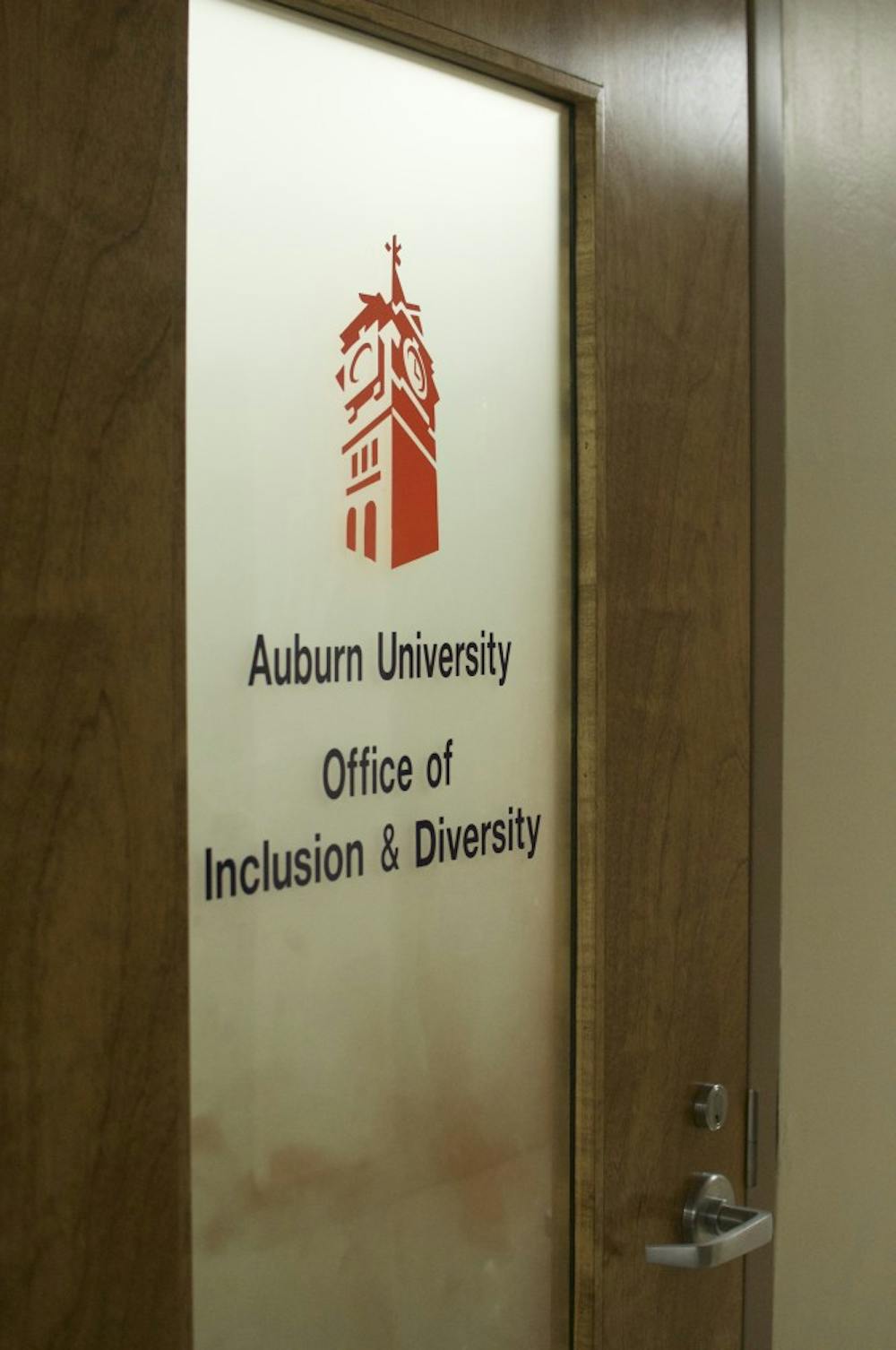The National Institutes of Health awarded Auburn University a $1.5 million grant to support the increase of traditionally underrepresented students pursuing doctoral degrees in the biomedical sciences. The five-year training grant is the first one the University has ever been awarded.
The grant, called G-RISE, will begin with four scholars in the fall 2021 semester. It is designed to create a diverse pool of scientists earning a doctorate and will transition into the biomedical research workforce.
The program will focus on first-generation, low-income, African American, Latino/a and American Indian students, but will welcome all applicants from other traditionally underrepresented communities. The students must be U.S. citizens or permanent residents.
The grant will offset the cost of stipends, tuition and fees, as well as training-related expenses like health insurance, for the trainees. Additional students will be admitted on successive years, based on the availability of funding. Students will be fully supported for up to three years.
The grant proposal team comprised of Bruce Smith, professor and director of the Auburn University Research Initiative for Cancer; Taffye Benson Clayton, associate provost and vice president for inclusion and diversity; and Melody Russel, professor and assistant department head of the College of Education’s Department of Curriculum and Teaching.
“Our goal is to provide an environment in which highly talented Ph.D. students will be able to excel,” Smith said. “The excellent faculty, high level of research and Auburn’s commitment to this program were all recognized as strengths. This award reflects the ongoing efforts of an outstanding team, and faculty from all over Auburn University have stepped forward to offer to be mentors for the outstanding students who will join this program.”
The G-RISE program will also provide professional development in diversity, equity and inclusion for faculty mentors.
“We are on a continual quest at Auburn to ensure our students are given the best possible opportunity to succeed,” Clayton said. “The funding from this grant helps ensure future scientists from Auburn will be of a more diverse background and bring different perspectives and experiences to complex matters in the biomedical sciences profession.”
These scholars will work with research and conduct their own research within the biomedical sciences.
“This NIH G-RISE T32 project is well-aligned with my research on promoting pathways to careers in STEM for traditionally underrepresented groups,” Russel said. “I am very excited about this project, the collaboration with Dr. Clayton and Dr. Smith and the potential impact of this work on diversifying the biomedical sciences.”
Do you like this story? The Plainsman doesn't accept money from tuition or student fees, and we don't charge a subscription fee. But you can donate to support The Plainsman.

Trice Brown, senior in english language arts education, is the multimedia editor of The Auburn Plainsman.





